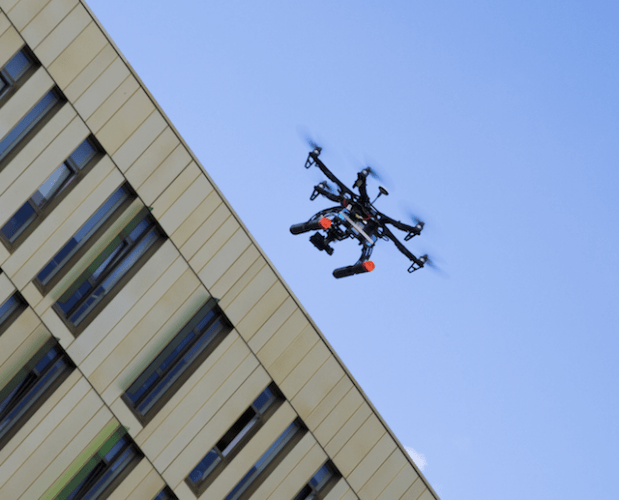Last week saw the creation of a task force that will develop recommendations for a registration process for Unmanned Aircraft Systems (UAS) in the US.
Anthony Foxx, US Transportation Secretary, believes the registration of such aircraft will help build a culture of accountability and responsibility, especially for new users who have no experience of operating such machines in US airspace.
“It will help protect public safety in the air and on the ground,” he said in a statement.
Earlier this year the House of Commons EU Committee made similar noises about registration across the EU, and in the US the UAS task force - comprised of 25 to 30 representatives from the UAS and manned aviation industries, the federal government, and other stakeholders - will advise the US government on which aircraft should be exempt from registration due to a low safety risk, including toys and other small UAS.
According to the US Department of Transportation, the task force also will explore options for a streamlined system that would make registration less of a burden for commercial UAS operators.
In Britain, drones with an operating mass of over 20kg have to be registered although exemptions do apply and this isn’t likely to impact the leisure market, so the Civil Aviation Authority has developed a set of rules to guide the safe operation of such drones which make headlines for all the wrong reasons, including being flown within a few metres of aircraft landing at airports. In the US, the Federal Aviation Administration says pilot sightings of UAS doubled between 2014 and 2015.

An event set to take place in Newcastle will look at the positive impact of drones, where their utility can give end users fresh insights and potential cost savings, as seen in September when The Engineer reported on drones being used for inspection purposes.
As the organisers of the North East Drone Symposium point out, farmers are using drones to execute precision farming, arming their machines with cameras and sensors that allow them to detect and map areas of crops that are diseased or weed-infested. By doing so, these areas of farmland can be earmarked for target-spraying of herbicide, eliminating the need for blanket spraying, which then cuts costs.
The organisers add that drones are ‘cutting the risk factors involved in incidents such as gas leaks, with drones carrying tiny sensors that allow escaping gas to be detected from 200m away.’
“It’s either there as a tool or device to see things, or it’s there as a tool or device to prevent people from putting themselves at risk,” said Justin Pringle, a key figure behind the Drone Symposium and drone developer with Drone Ops, which is said to have designed and built UAS for the BBC and the makers of Game of Thrones, Star Wars and the James Bond movies.
Technologists, manufacturers, governance experts and pilots are expected to be in Newcastle for the symposium, where they will receive briefings on the latest developments in the industry, with particular focus on the requirements of government agencies.
The North East Drone Symposium takes place on November 3 at The Core, Newcastle-upon-Tyne, with a Drone Demo taking place at Science Central at 13.45pm.










Water Sector Talent Exodus Could Cripple The Sector
Maybe if things are essential for the running of a country and we want to pay a fair price we should be running these utilities on a not for profit...